Tom Tugendhat warned that the government is in danger of reopening unresolved conflicts from the Troubles in a way that could undermine national security and weaken the UK’s ability to defend itself.
Tugendhat said that while victims of the Troubles “were UK citizens” who deserve equal protection, Parliament must look ahead rather than refight the past. He cautioned that by altering the existing settlement, the government risks unravelling the compromise that underpinned the peace process.
He said the bill “is telling people across these islands that actually your service… will be as long as our enemies… wish to bring prosecutions against us.”
He warned that adversaries have long viewed legal channels as an extension of conflict. He told MPs to “read the Mitrokhin archive” to understand how hostile intelligence services used litigation, activism and political campaigns to restrain British forces. Tugendhat argued that Russia and similar actors seek to instrumentalise legal systems to create what he called “a way of actually disarming our forces before they get into conflict.”
Tugendhat linked the issue to the wider European security environment. He noted that Denmark and Sweden had reintroduced conscription, and that Poland is spending more on defence because “they know that Russia is a real threat.” He argued that the UK cannot stand with its allies if it allows its own personnel to be exposed to decades of retrospective legal action: “We will simply not be in position to stand with them… if we are not willing to stand behind those who risked everything to serve our country.”
Speaking as a former frontline officer, Tugendhat contrasted battlefield uncertainty with courtroom hindsight. Decisions made in “the heat, the dust, the confusion, the fear” cannot be reconstructed decades later using “gossip and rumour because nobody else was there.” He warned that dragging junior and mid-level soldiers through repeated investigations would be seen by hostile states as a sign of vulnerability rather than accountability.
Labour’s Michael Wheeler later spoke on the need to protect veterans while ensuring families receive answers, saying “there can be no equivalence” between those who served to protect life and terrorists. He backed strengthened governance for a reformed Legacy Commission but insisted the system “isn’t used as a weapon.”


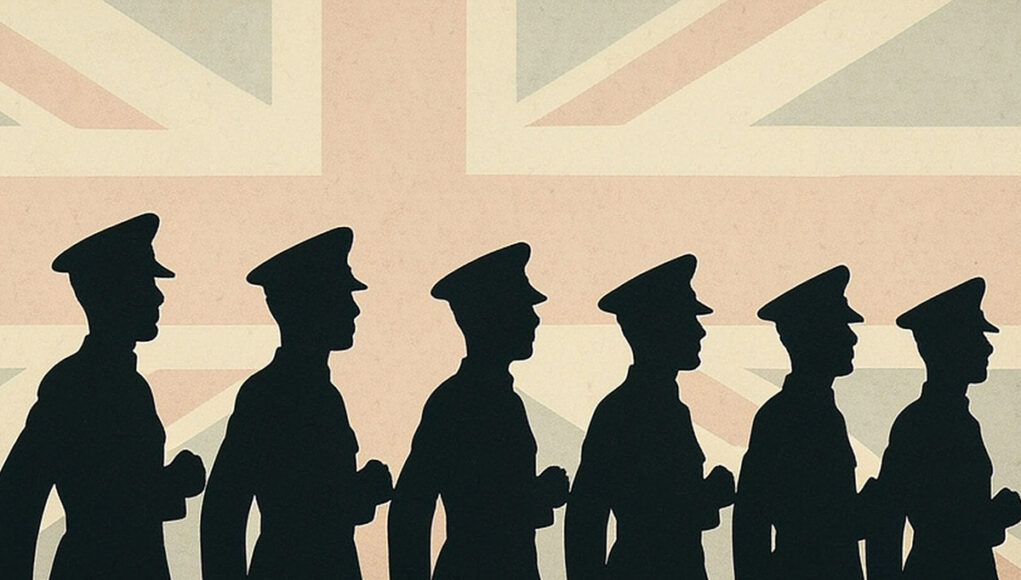
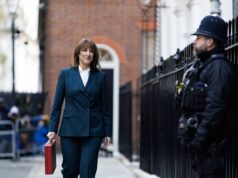
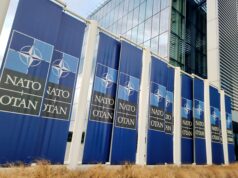


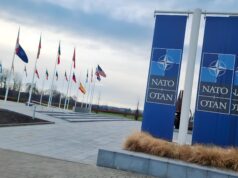


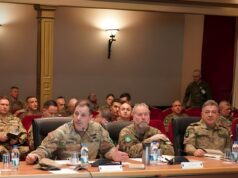
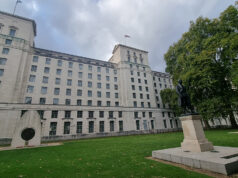
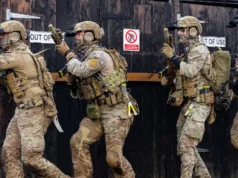

It’s a mental tick that those clowns in Labour seem to have, self sabotage at its finest. This will surely do wonders for recruitment numbers, by making it easier for military personnel to be prosecuted
Ireland’s national past time: Re-heating the past.
I also think this is disgusting treatment of veterans. How can you put people into life threatening situations, whilst also telling them that if they make a mistake when split second decisions are needed, they will potentially be harassed by the legal system for the rest of their lives?
The SAS Association has today threatened Hilary Benn with legal action over NI accusations!Stand by stand by👍